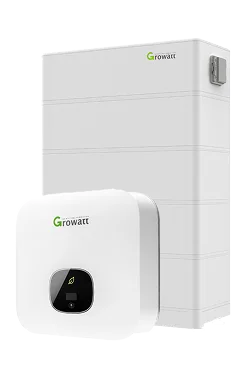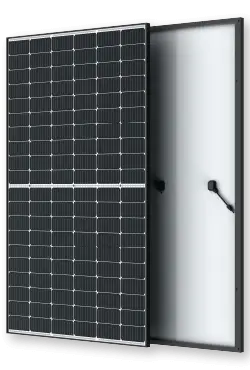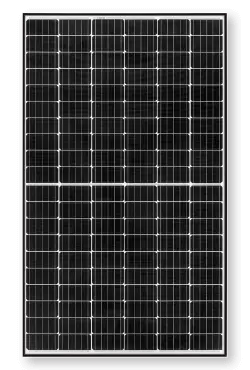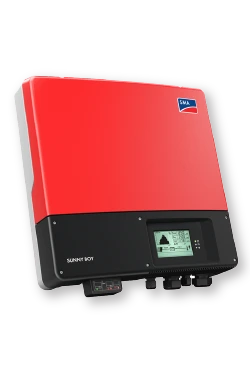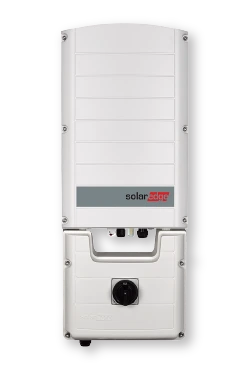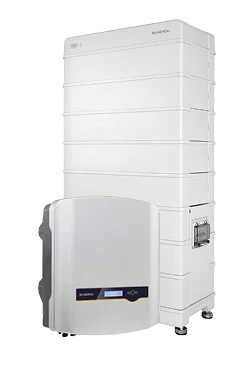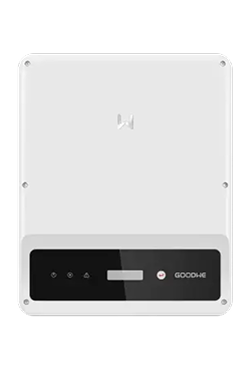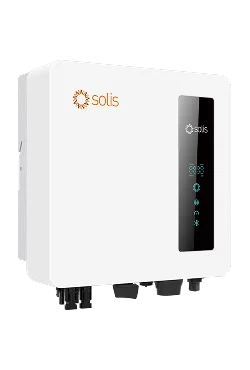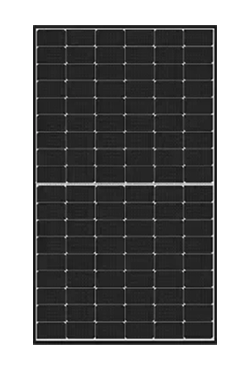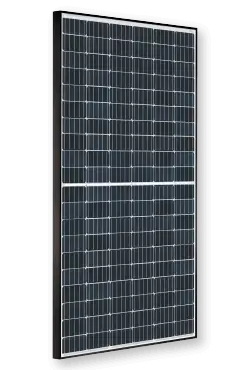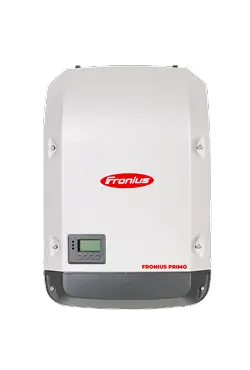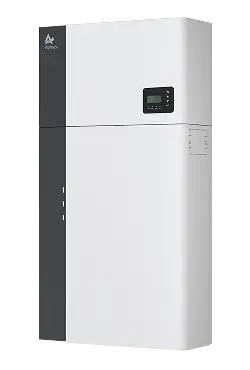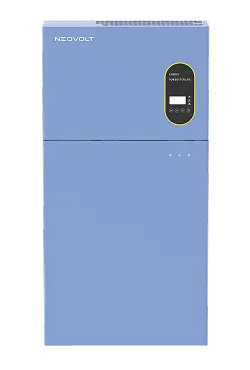Do Solar Panels Still Work on Cloudy Days?

27 May, 2024.

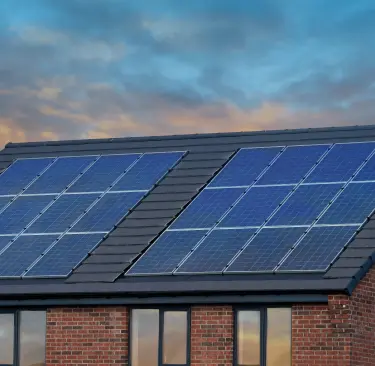
At Fortune Solar, we help many homeowners to switch to clean energy with solar panel installations. One of the most common questions is, "Will solar panels still work if it's cloudy?"
The good news is that sunshine isn't the only requirement for solar power generation. Solar panels can keep producing electricity even on cloudy and grey days. So, if you're considering solar power, don't let your local weather discourage you.
This blog dives into how solar panels function on cloudy days and why solar can be a wise investment, regardless of your location.
Understanding Solar Panel Technology
Before exploring solar performance in cloudy weather, let's revisit how solar panels generally work. They generate electricity through the photovoltaic effect. Each solar cell contains a semiconductor material, typically silicon. When sunlight hits the cell, photons from light knock electrons loose from atoms, generating electricity.
Individual solar cells produce minimal energy. However, when connected to a panel, they generate enough electricity to power a home. The generated electricity flows from the panels into an inverter. This inverter converts the direct current (DC) power into alternating current (AC) power, which is the type of electricity used in homes.
Any excess electricity that isn't immediately used can be stored in a solar battery or fed into the grid. Net metering programs provide credits for the energy fed back to the utility company, offsetting your electricity usage at night or during cloudy periods.
Solar Panels and Cloudy Days
Yes, power is generated by Solar panels on cloudy days! The key reason is their ability to absorb both direct and diffuse sunlight.
Direct sunlight refers to the precise beams that shine down when the sky is clear. Diffuse sunlight, on the other hand, has been scattered by clouds, haze, dust, etc. in the atmosphere.
Even on overcast days, solar panels are exposed to ambient diffuse light. While less intense than direct sunlight, this diffuse light can still energise electrons in the solar cells and produce electricity.
So, the myth that solar panels are useless on cloudy days is untrue. While they produce less power than full sun, they can still generate electricity from that diffuse light.
Impact of Clouds on Solar Panel Efficiency
The amount of solar electricity you can expect on a cloudy day depends on several factors:
- Cloud Cover Thickness : Thinner, higher clouds allow more light than thick, low-lying storm clouds.
- Cloud Type : High-wispy cirrus clouds permit more sunlight than dense cumulus clouds. Stratus clouds fall somewhere in between.
- Time of Year : More daylight hours in summer vs. winter produce more total energy.
- Geographic Location : Southern regions generally receive more annual sunlight than northern areas.
- Local Weather Patterns : Some areas have more overcast days than others.
After Understanding these factors, it will help you to set realistic expectations for solar output. However, partnering with an experienced solar provider like Fortune Solar ensures a solar system that meets your energy needs even with varying weather conditions.
Here's a general idea of solar panel efficiency based on sky conditions:
- Clear, sunny day: 100% efficiency
- Partly cloudy day: 50-80% efficiency
- Heavily overcast day: 10-25% efficiency
- Clearing Up Common Myths
Let's address some common misconceptions about solar panels and cloudy weather :
- Myth : Solar panels don't work at all on cloudy days.
- Fact : Solar panels still generate electricity from diffuse light on overcast and rainy days, just at a reduced efficiency.
- Myth : Cloudy weather makes solar power unreliable.
- Fact : Advanced forecasting and grid integration techniques help balance solar supply and demand, even on cloudy days.
- Myth : Solar only works well in the sunniest locations.
- Fact : Modern solar panels can still provide clean energy and savings in locations with average sunlight levels. Proper solar panel orientation and tilt can significantly improve production.
The truth is that most locations receive enough annual sunlight to make solar panels worthwhile. To ensure your solar setup can handle the ups and downs of your local weather and keep your energy needs covered, work with a trusted solar provider like Fortune Solar. We'll design a personalised system and offer 24/7 system monitoring for total peace of mind.
Solar Panels and Nighttime
Solar panels require sunlight to function. At night, when it's dark, solar cells stop generating electricity. So, how can solar power your home around the clock?
The answer lies in solar battery storage. Batteries can discharge power at night to keep your lights on after sunset by storing excess solar electricity produced during the daytime.
Visit Solar Batteries for more information

Brands We Install
Harness Renewable Energy and Reduce Carbon Footprint
Power Up
Your Savings


